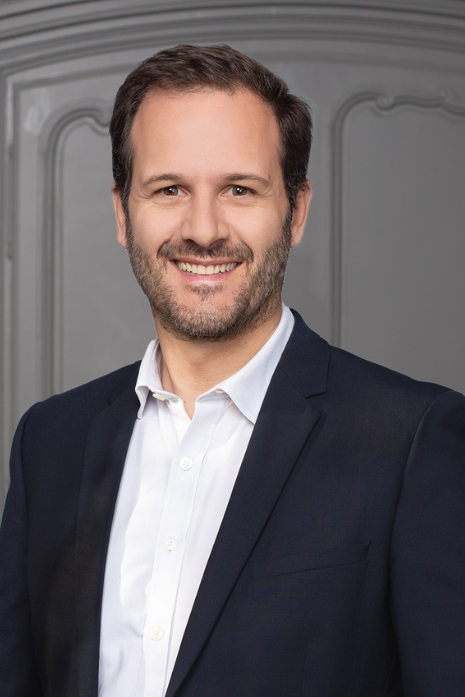The EU urges France to adapt its labor law: paid leave and sick leave serve distinct purposes and cannot be substituted; a balance must be struck between the right to rest and preventing abuse.
According to the CJEU, annual paid leave is intended for rest, while sick leave is for healing. One cannot therefore replace the other.
However, the French Labor Code ignores this situation and case law considers that “if an employee falls ill during their leave, their sick leave is not taken into account. The days of leave cannot be carried over and are lost.”
In view of this gap, the European Commission launched an infringement procedure against France on 18th June 2025. A letter of formal notice has been sent urging France to comply with Directive 2003/88/EC on working time in order to guarantee the effectiveness of the right to annual leave. France has two months to comply, or risk a referral to the CJEU and a possible sanction. The legislator will therefore have to adapt the Labour Code.
Some lawyers and trade unions in favour of the change see this as an important social step forward in order to guarantee employees a real right to rest, even in the event of illness occurring during the holidays, while sick leave and paid leave pursue two different purposes. Many countries provide for this right to deferral: in Belgium, provided that the employee informs their employer immediately, provides a medical certificate, and reschedules the days later; in Italy, Spain or Switzerland where the right to deferral is strictly regulated with the requirement of rigorous medical proof and without allowing extended holidays.
However, many critics have been raised against this system, fearing a generalization of sick leave during holidays and opportunistic behavior to artificially extend vacations.
The abuse of sick leave is already a worrying reality in France. The Health Insurance has noted an explosion of false work stoppages in recent years. 42 million euros of sick leave fraud were detected in 2024, a figure 2.4 times higher than in 2023. In addition, out of 230,000 sick leaves verified by medical advisors, one in three was unjustified and was suspended.
In order to effectively combat these abuses, the Health Insurance has made available, and then made mandatory from July 2025, a new standardized form for notice of sick leave that is difficult to falsify and more secure (special paper, holographic label, magnetic ink, identification of the prescriber, etc.).
Strengthening the control of sick leave is certainly a reasonable counterpart to the evolution of French law required by the European Commission, to avoid abuses and preserve the credibility of the system. Confidence requires maintaining the balance between individual rights and the prevention of abuse. It is on this condition that this reform can be fully accepted and effective.




